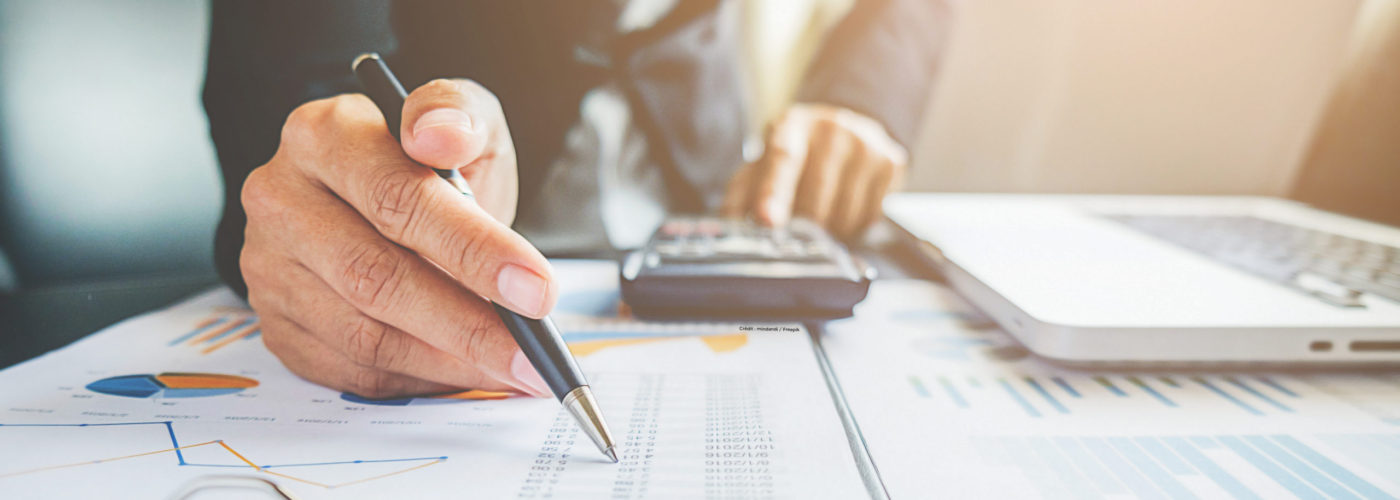Blog

28 May 2020
Recovery: Protect Against Bad Debt
Auteur : Josée Fortin
The COVID-19 crisis is leading us into unknown territory: No past economic crisis has ever struck supply and demand so hard in so little time.
Although our governments quickly deployed an arsenal of measures and support programs—which were effective, as the consumer price index decreased by a lowly 0.2% in April in Canada—the full recovery of the economy may take more time than the initial 6 months forecasted. It is now certain that a return to “normal” is not going to be possible before containing this threat to public health, by discovering an effective vaccine or alternative treatment and prevention means, with an estimated timeframe around 18 months.
Along with this new projection, a second wave of COVID-19 is looming—a consensus among the scientific community.
Essential bad debt insurance
In this unpredictable context, entrepreneurs will need to demonstrate a great deal of creativity, flexibility, forethought and be especially resilient, specifically in relation to health and safety, and work organization. In terms of finance, bad debt insurance is an unavoidable risk mitigation measure.
The second wave of COVID-19 cases could unfortunately come with some level of bankruptcies, which in turn may cause a ripple effect. Given that the Canadian financial system’s funding offer to SMEs is largely based on the principle of commitment of management, bound by their personal surety, they should be all the more interested in implementing mechanisms to ensure the financial sustainability of their business.
As the mechanism designed to protect against bad debt, accounts receivable bad debt insurance can cover up to 90% of losses incurred due to client bankruptcy or non-payment.
In normal times, international accounts receivable are almost always subject to bad debt insurance as this is required for short-term finance contracts. However, bad debt insurance is not always a required avenue for Canadian accounts receivable and most SMEs do not insure them, they rather bank on their past experience with their clients.
Today’s crisis is flipping the norm such that all accounts receivable have to be insured with no exceptions. Any SME management that does not normally use bad debt insurance products should consider them, and sooner rather than later: The longer the COVID-19 pandemic persists, the more bankruptcies and claims will result.
Additionally, bad debt insurance premiums are already beginning to climb from 15% to 20% to adjust to this reality. Despite this, the cost—an average of no more than half of one percent of estimated sales for the policy year before the COVID-19 crisis—is reasonable to secure your business’s profits.
To learn more about bad debt insurance, check out the webinar we held on the subject and the related presentation, available on our webpage sherbrooke-innopole.com/covid-19 (French).
info@sherbrooke-innopole.com / 819 821-5577 ext. 0
Back to the blog